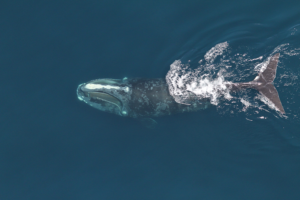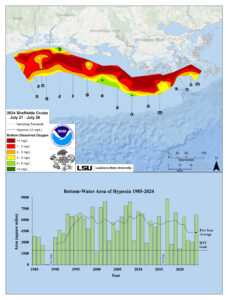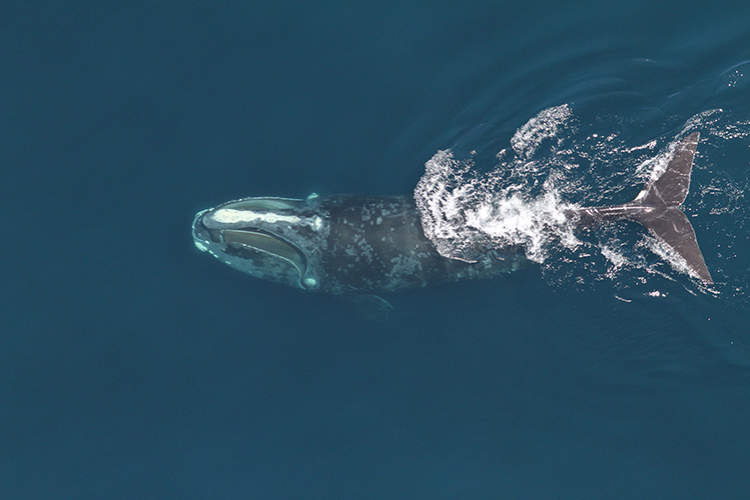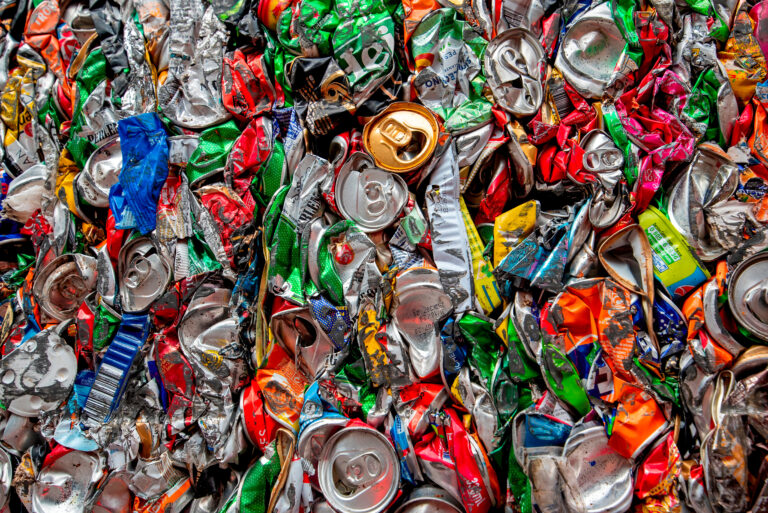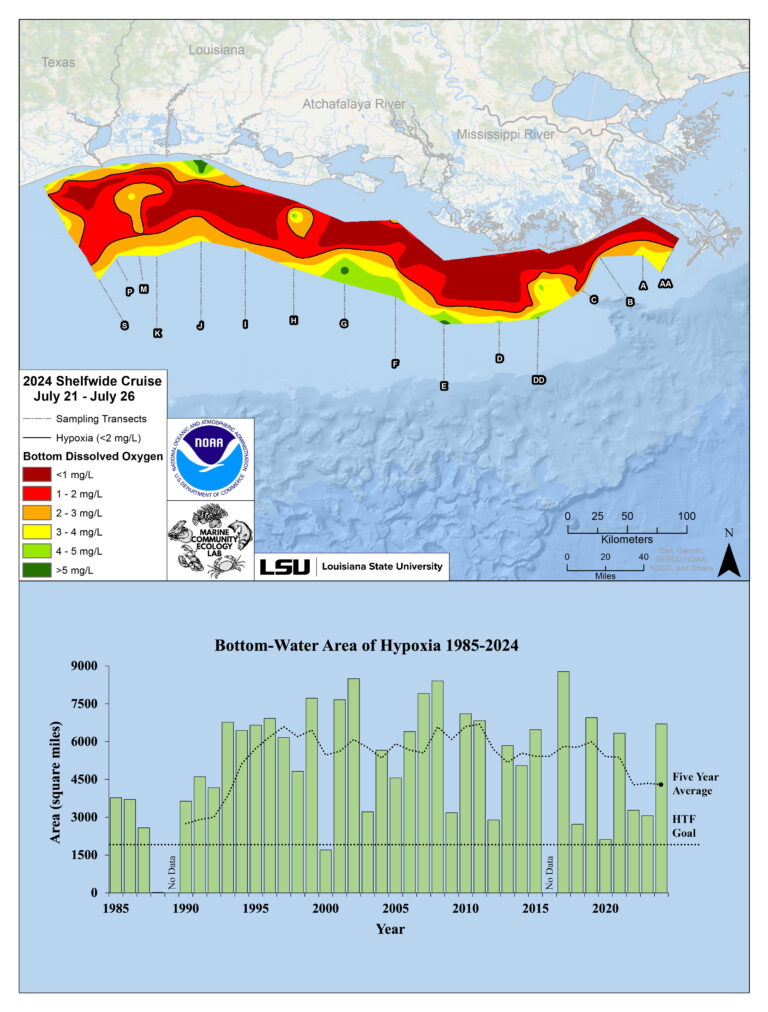
The National Oceanic and Atmospheric Administration’s Fisheries Science Center in Seattle and the National Fish and Wildlife Foundation announced $666,2000 in conservation grants to help stabilize and recover the endangered Southern Resident killer whale population. The grants will reportedly generate $610,600 in matching contributions for a total conservation impact of more than $1.2 million.
The 73 Southern Resident killer whales prey on a variety of fish, but prefer Chinook salmon. Research has shown that Chinooks are having low survival rates in early life stages. This means fewer fish are making it to the ocean and growing to the size that the whales need to feed. The grants will support projects throughout the food chain to restore the habitat to juvenile Chinook and their prey.
“We must continue our dedication to increasing chinook abundance and mitigating the effects of climate change, as these efforts are vital to recovering our Southern Resident population,” Washington governor Jay Inslee said in a statement. “I look forward to seeing the positive impacts these grants will have in advancing projects recommended by the Southern Resident Orca Task Force to support a healthy environment and food supply for our killer whales.”
In addition to the grants, partners in the Killer Whale Research and Conservation Program including SeaWorld, Shell, the U.S. Fish and Wildlife Service and NOAA Fisheries will be supporting the “Be Whale Wise” campaign in the spring. The public-education effort will help educate local boaters about measures they can take to help protect killer whales.
“Thousands of boats share waters with killer whales in the Puget Sound area — many with the hope of catching a glimpse of this cultural icon, so engaging these boaters about how they can help this population survive is vital,” Jeff Trandahl, executive director and CEO of NFWF, said in the statement. “Working with the recommendations of the governor’s task force, and working side-by-side with NOAA, the Fish and Wildlife Service, SeaWorld and Shell, we are doing everything we can to help this population thrive in the Pacific Northwest.”
The projects include reducing impacts on killer whales from commercial and recreational vessels. Sound and disturbance from large and small vessels are also known to further decrease killer-whale feeding success through stress/disturbance and ‘masking’ of the echolocation they use to hunt. The task force made recommendations to recreational and commercial fishing boats as well as large ships to address the concerns.
Southern Resident killer whales were listed as endangered in 2005 and NOAA Fisheries has highlighted the population as one of eight national Species in the Spotlight that were considered to be at the greatest risk of extinction. The KWRCP is working on understanding why the Orca population has not recovered and has taken steps in the recovery plan and recommendations from the November 2018 task force to bring back the population.
A complete list of the 2019 grants made through the KWRCP is available here.


